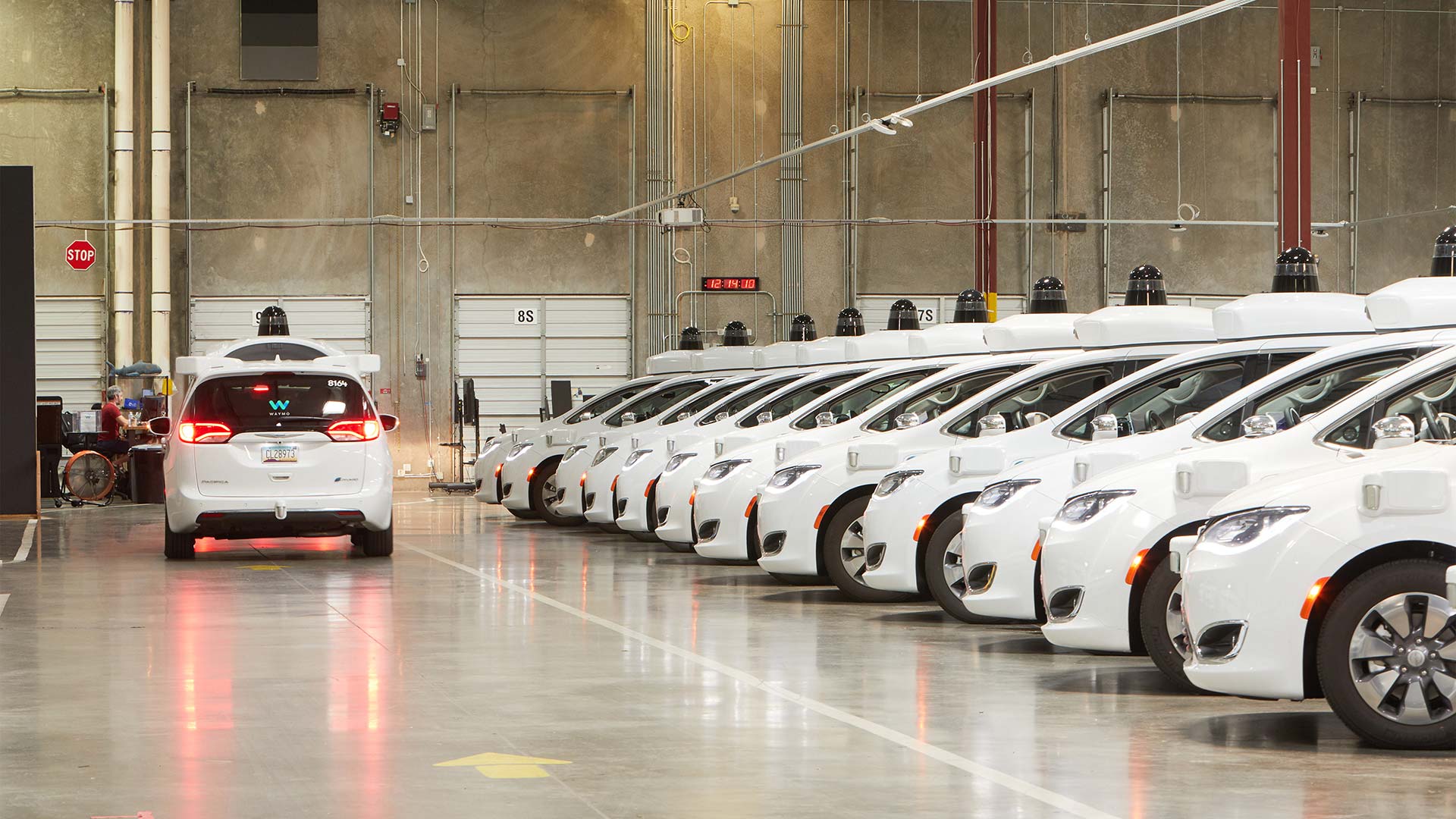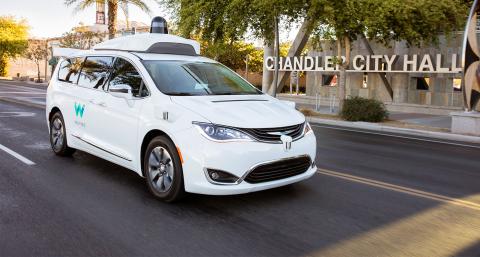
Despite recent reports of accidents involving autonomous vehicles, Southeast Valley seniors and disabled riders seem to prefer them over taxis or rideshare alternatives.
A report released by the Federal Transit Administration show strong support of the emerging role of AV transportation in day-to-day travels.
For the disabled and senior population, who may lack consistent mobility options, there is significant evidence that AVs provide a safe, convenient travel solution, according to a study. Participants were engaged in more activities outside the home and believed they would be comfortable riding alone, without an autonomous vehicle specialist.
“It is exciting to see how well autonomous vehicles were accepted as a viable travel solution for seniors and persons with disabilities,” said Valley Metro RPTA Board member and Valley Metro Rail Chair Francisco Heredia. “It is always beneficial to provide additional passenger options to our citizens. With a growing demand for affordable transportation, we are on the brink of a new era.”
As part of an effort to develop innovative ways for transit to complement new modes and technologies, Valley Metro collaborated with Waymo and Arizona State University to understand how autonomous vehicles can be used for the Valley Metro RideChoice program.

Waymo has done extensive testing in West Chandler and RideChoice provides critical transportation to seniors and passengers with disabilities using taxis and rideshare providers.
“Through our autonomous vehicle technology, Waymo offers a safe and easy way for people to get where they need to go,” said Nicole Gavel, Waymo’s head of business development and strategic partnerships. “The insights gained through this first-of-its-kind partnership support developing a product and service that holds the promise of enabling mobility for all, offering a new kind of freedom for individuals to go where they want, when they want.”
The six-month study, which began in 2019, focused on how autonomous vehicles can enhance customer experience, meet accessibility needs and help improve affordability and safety to a key rider demographic. The study was funded by the FTA to understand where autonomous vehicles can fit within a program of transportation services provided for Americans with Disabilities Act paratransit-certified people with disabilities and seniors age 65 and over.
The vehicles operated in an area of approximately 100 square miles.
ASU researchers conducted surveys and focus groups while also analyzing trip data to gain an understanding of how AVs affect rider perceptions. They are said to have discovered that AV riders showed strong satisfaction in regards to comfort, wait time, travel time and ease of requesting a ride.
There is interest in further exploration of how transit services might facilitate and support point-to-point mobility. Local elected officials who participated in the program believed that there was a need to expand the trial use of AVs for mobility-challenged residents.
The opportunity to ride with Waymo was available in the East Valley (Tempe, Chandler, and Mesa) service area from September 2019 to March 2020.
The final report was written in association with ASU’s Ira A. Fulton Schools of Engineering.

